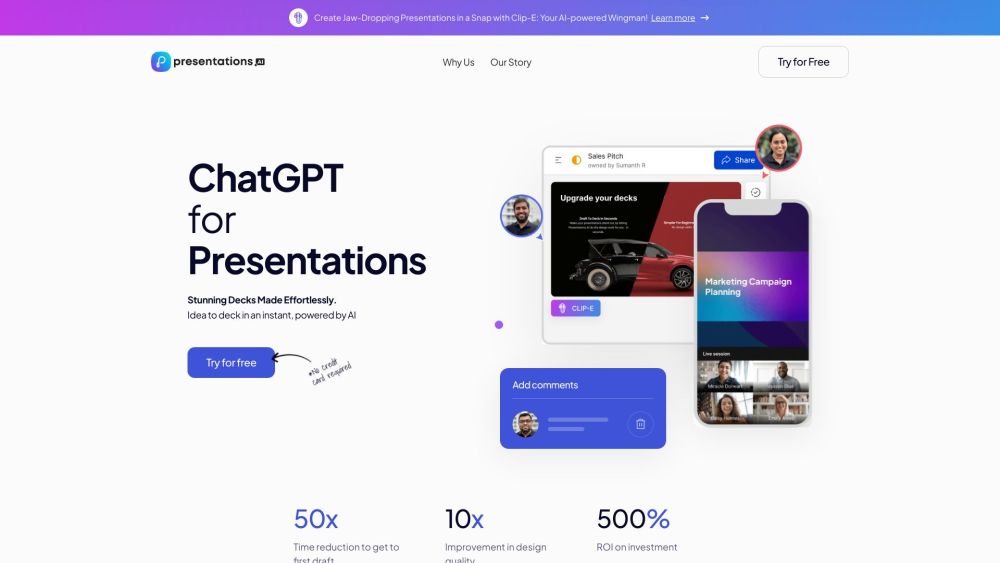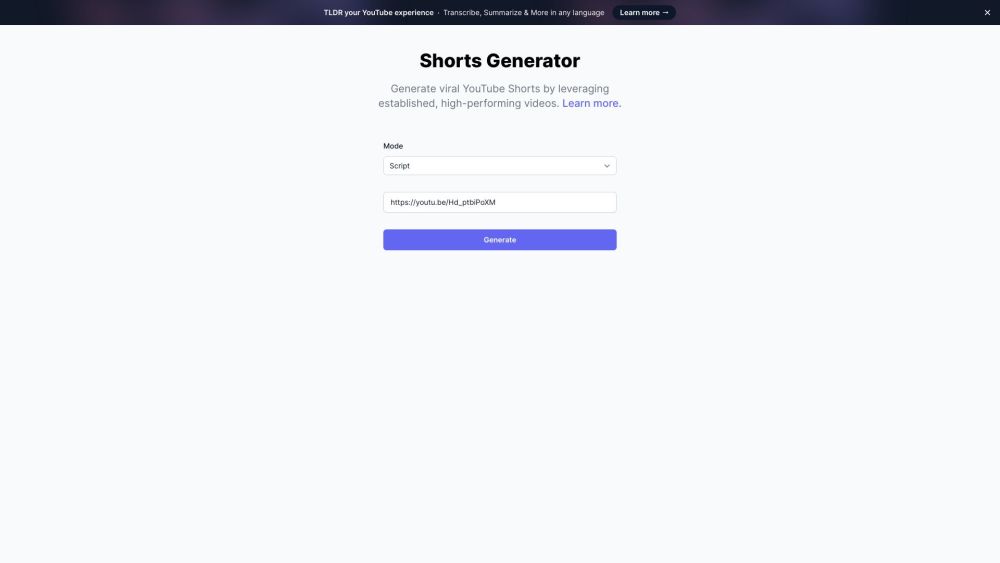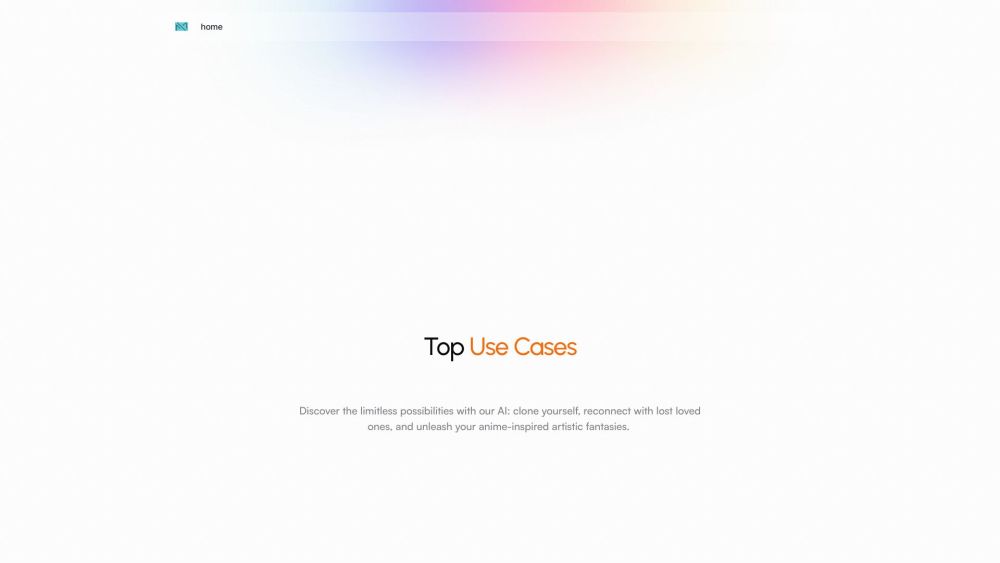Bessemer Venture Partners’ Insights on the Cloud AI Economy
Bessemer Venture Partners is one of Silicon Valley’s leading venture capital firms and a pioneer in investing in SaaS and cloud technologies. Known for its annual trend reports like the State of the Cloud, the firm forecasts that language model-powered AI, propelled by advancements like ChatGPT, is here to stay. In the 2024 State of the Cloud report, Bessemer asserts that Cloud AI is now redefining the technology landscape, outpacing past hype.
Kent Bennett, a Bessemer partner and lead author of the report, explains, “We’re at a pivotal moment in the tech cycle where attention is high. The data we’re gathering reflects the rapid adoption of these technologies by our existing portfolio companies, leading to new businesses that are generating real revenue and growth—unlike anything we’ve witnessed before.”
Every full-time investor at Bessemer contributed insights to the research, focusing on cloud trends over the coming years. While Bennett notes that the 62 global investors involved may not be statistically significant, the concentrated insights are valuable. “If you’re developing cloud software and not considering how to leverage AI, you’re likely lagging behind,” he cautions. Companies that have quickly become AI-native are enhancing their products through language model technology. Bennett emphasizes, “If you aren’t integrating this technology, you’re at a disadvantage—there are competitors who are.”
Five Key Trends Shaping the Cloud AI Economy
1. Big Tech’s Battle for AI Foundation Models
Bessemer predicts that foundation models will become the “new oil” driving AI applications. In 2023, 60% of AI investments focused on foundational model firms, such as OpenAI and Anthropic, which raised a collective $23 billion. Major players like Microsoft and Google are heavily investing in these models, setting the stage for a "battle of the century" in the market.
2. Democratization of Development
While the AI landscape may seem to demand new programming skills, tools like GitHub Copilot are simplifying coding. By 2030, Bessemer anticipates that anyone with a computer will possess significant development capabilities, leading to younger founders in the tech startup space. As AI tools evolve, traditional developers will shift to roles akin to software reviewers, with decreasing development costs and rising salaries for highly skilled individuals.
3. Advancements in Multimodal AI Models
Bessemer highlights the transition from static chatbots to multimodal models integrating speech, vision, and hearing. They foresee a significant rise in voice AI applications over the next year. Intelligent AI agents will increasingly take on complex tasks across various domains, enhancing efficiency in customer service and project management.
4. Rise of Vertical AI
Focusing on specialized AI applications may create more substantial enterprise value compared to legacy SaaS models. Bennett notes, “Vertical AI offers significant labor productivity enhancements for repetitive tasks, thereby redefining how businesses approach software budgets.” The speed of pricing adoption in vertical AI has already matched or exceeded legacy competitors, hinting at lucrative opportunities for early innovators.
5. Potential Resurgence in the Consumer Cloud Market
The consumer cloud sector hasn't experienced a major exit in eight years, but Bessemer predicts that AI will revitalize this space. With the emergence of LLMs, companies like OpenAI are drawing millions of users, posing a threat to established incumbents. Bessemer forecasts multiple consumer cloud IPOs within five years as AI-native applications attract dedicated user bases.
Conclusion: Embracing AI's Transformative Power
Bennett emphasizes that AI is no longer mere hype; startups are rapidly engaging with enterprises. However, he advises patience, as it will take time for these solutions to reach their full potential. Companies should adopt modular strategies when integrating AI into their operations to facilitate easy upgrades in the future. Staying vigilant in exploring nascent AI solutions is crucial for businesses looking to maintain a competitive edge.
Co-authors of the 2024 State of the Cloud report include Mike Droesch, Sameer Dholakia, Talia Goldberg, Janelle Teng, Caty Rea, Lindsey Li, Maha Malik, Bhavik Nagda, Aia Sarycheva, and Alex Yudtiski.




